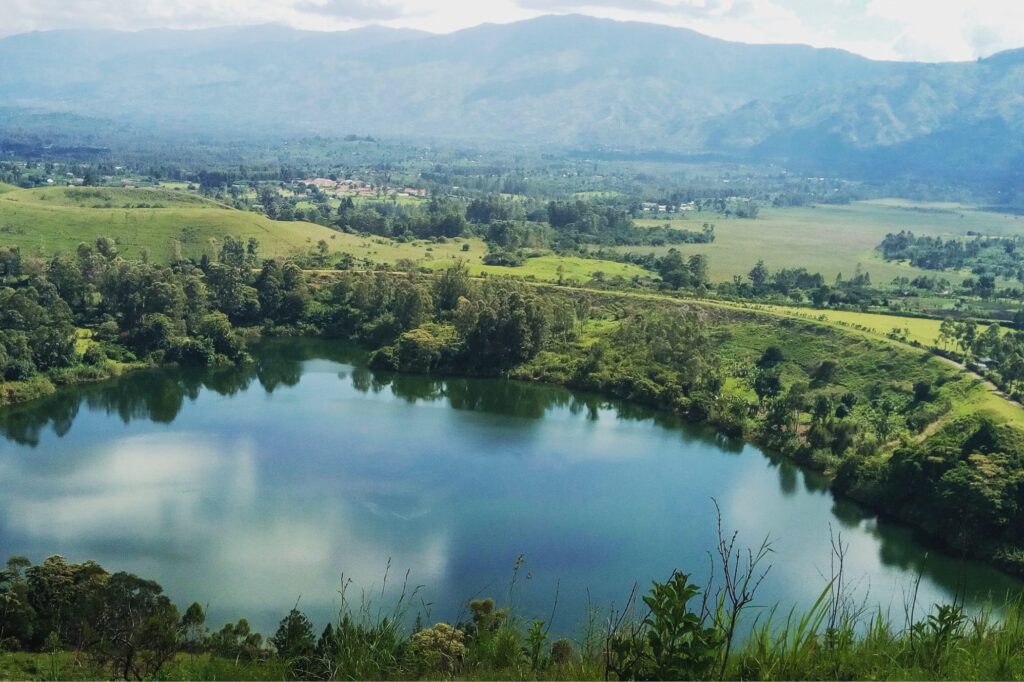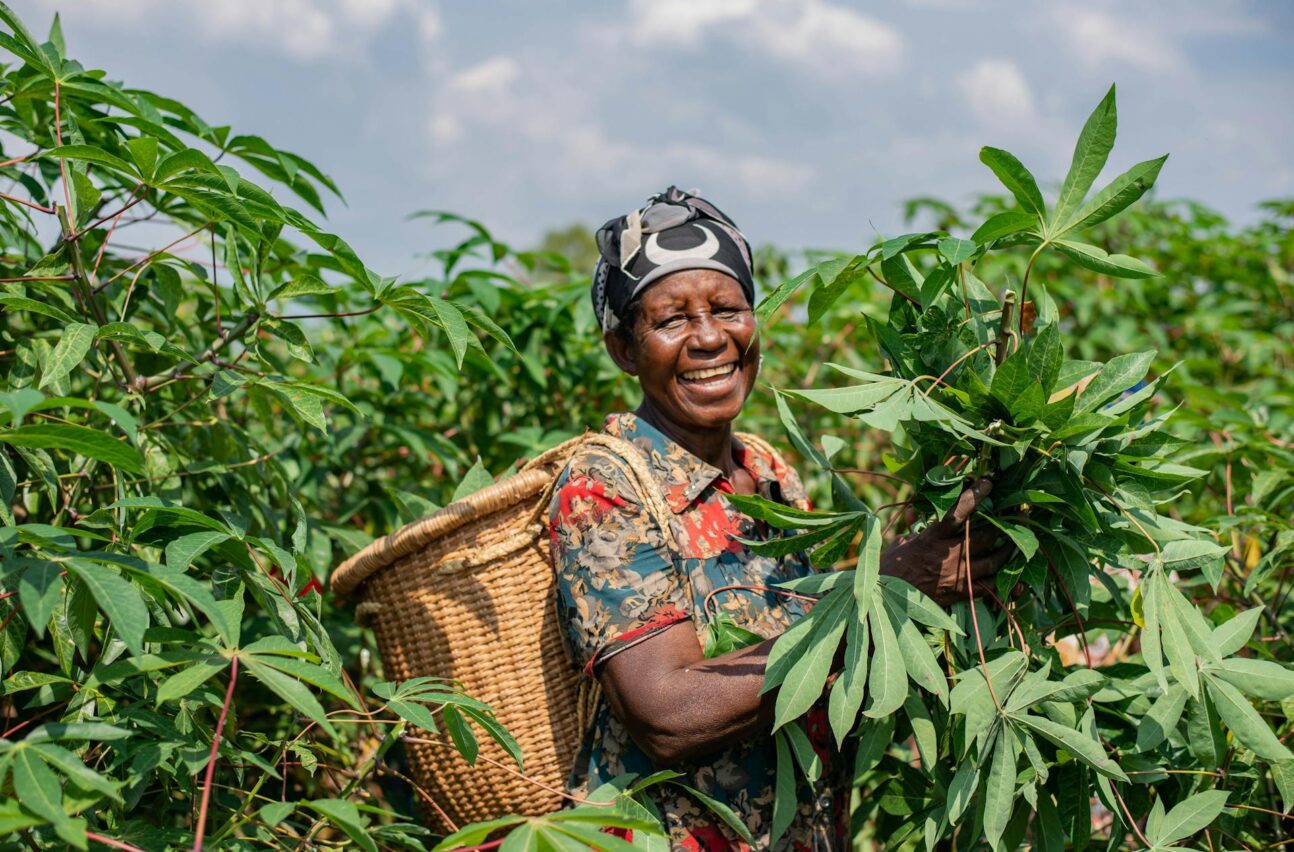Ghana
Science Granting Council
Summary
The Ministry of Environment, Science, Technology, and Innovation exists to promote sustainable environmental management and the adoption and application of science and technological innovations through the formulation of policies, monitoring and evaluation of the implementation of sector plans, programmes, and projects for national development.
Council details
The Ministry of Environment, Science, Technology and Innovation (MESTI) in Ghana is committed to promoting sustainable environmental management. Furthermore, it integrates science, technology, and innovation into national development.
MESTI achieves this by formulating effective policies and providing oversight through the monitoring and evaluation of sector plans, programmes, and projects. The Ministry’s central goal is to accelerate socio-economic development through environmentally friendly scientific and technological practices.
MESTI fosters the use of appropriate technologies and promotes the creation of a robust regulatory framework. These efforts aim to improve livelihoods, protect natural resources, and advance Ghana’s development priorities.
Strengthening Research in Ghana through the SGCI
Ghana has been an active participant in the Science Granting Councils Initiative (SGCI), which supports the strengthening of research management systems across sub-Saharan Africa. The SGCI has played a key role in enhancing Ghana’s global research visibility and collaborative capacity.
Through the SGCI, Ghana has built valuable international research connections, with opportunities to engage platforms such as the Global Research Council. These global linkages help raise the Council’s profile and broaden access to new partnerships.
Peer-to-peer learning and regional collaboration
Peer-to-peer learning is a key benefit of the SGCI. A notable example is Ghana’s involvement in the Africa, Water, Energy, and Food Programme, a joint funding initiative involving 10 Science Granting Councils. By pooling resources and sharing expertise, these SGCs have improved research practices and strengthened project outcomes. These regional partnerships show how collaboration enhances the quality and relevance of research across Africa.
Ghana’s Council also serves as a key enabler, linking institutions and researchers across sectors. This positioning allows it to influence funding decisions by showcasing its research capacity and strategic leadership.
Leadership Perspective:
In a recent video interview, Mr Cephas Adjei Mensah, Director for Research, Statistics, and Information Management at MESTI, highlighted the SGCI’s value. He emphasised the importance of sustainable research funding and the SGCI’s role in expanding Ghana’s participation in global research networks.
Through MESTI’s ongoing efforts and its partnership with SGCI, Ghana continues to advance science, innovation, and inclusive development across the region.
Impact we’re having
Stories of change
Low-tech health app engages
Five years after its launch, PENSA – a mobile app developed in Mozambique— has been accessed by…
SGCI funded projects
Ghanaian researchers empower women, farmers, rural communities through innovation
Project Titles & Institution Areas of Research Number of Projects being funded Project Duration Grant Amount In-Kind Distribution Council Collaboration with other councils
Related News
Voices of SGCI: Council leaders on the direction and ambition of SGCI 3
At the African Union’s Science, Technology and Innovation Week in Addis Ababa, earlier this month, leaders of science granting councils reflected on what SGCI Phase 3 represents for Africa’s science and innovation systems. From ownership and alignment to stewardship and sustainability, here are their voices…
Building Africa’s science future: inside the SGCI alliance
As Phase 3 of the Science Granting Councils Initiative launches on the margins of the African Union Summit in Addis Ababa last week, the SGCI Alliance Chair explains why this moment marks a decisive turning point for African science. Cephas Adjei Mensah describes what is…
Open call: Support for science granting councils in Sub-Saharan Africa
The International Development Research Centre (IDRC), through the Science Granting Councils Initiative (SGCI), has launched a call for proposals to support science granting councils in Sub-Saharan Africa in the establishment and operationalisation of the Capacity Strengthening Hub under Phase III of the SGCI-3. The Hub…






